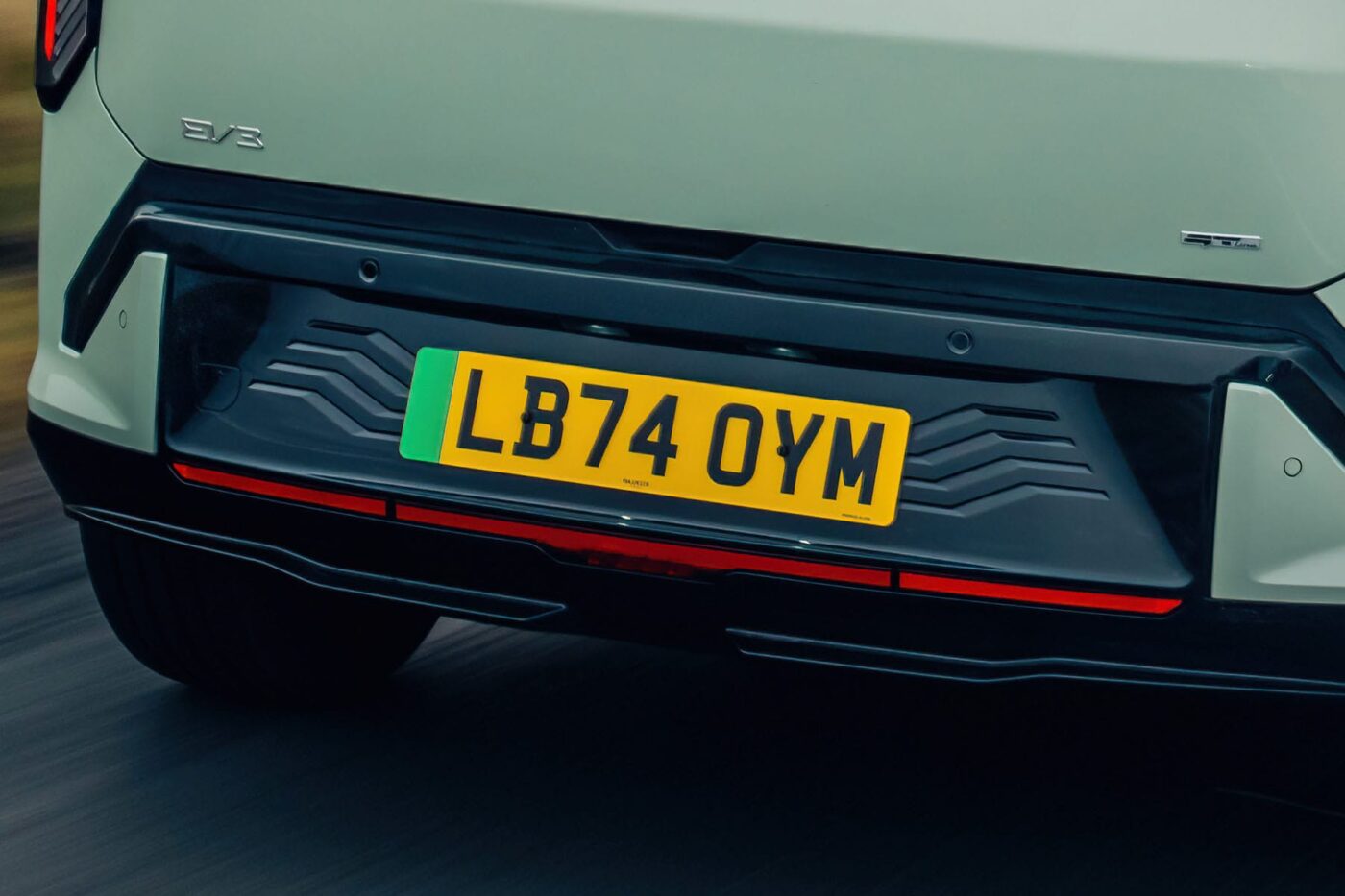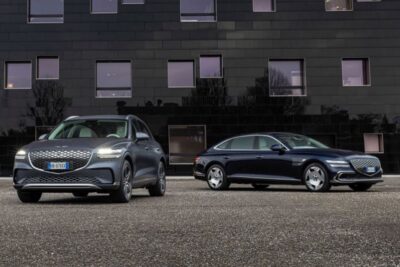UK government could raise ‘luxury tax’ threshold to boost EV sales
The UK government is poised to adjust a key financial barrier affecting electric vehicle uptake, namely the Expensive Car Supplement (ECS). Currently, this surcharge adds £425 annually for five years to the Vehicle Excise Duty (VED) for any car priced above £40,000. Combined with the standard annual VED rate of £195, this measure burdens electric cars with an additional £3,100 over six years—undermining incentives for drivers to switch to zero-emission vehicles.
Electric cars had previously been exempt from both the ECS and VED in the UK. Both measures started including EVs from 1 April 2025.
However, British Autocar writes that, as the average electric car in the UK is priced around £50,000, so roughly £10,000 more than comparable internal combustion engine (ICE) models, the ECS is increasingly seen as counterproductive to the government’s broader electrification agenda. Under the Zero Emission Vehicle (ZEV) mandate, manufacturers must ensure that 28% of their 2025 sales are electric, rising to 80% by 2030. However, in April 2025, BEVs accounted for just 20.4% of new registrations, well below target.
Nevertheless, it needs to be said at this point that the BEV market share in April 2024 was just below 17 per cent and that new car registrations have dropped across the board compared to last year, regardless of the fuel type.
Still, citing SMMT figures, Autocar points out that especially retail buyers remain hesitant, with private EV sales hovering at just 10.7%. The ECS is cited as a significant deterrent, especially for models like the BMW i4 and Volkswagen ID.7, which start well above the £40,000 mark. Fleet buyers benefit from lower benefit-in-kind (BIK) tax rates, leaving private motorists to shoulder the brunt of the premium.
In a notable shift, Roads Minister Lilian Greenwood acknowledged in a letter to an MP—seen by Autocar—that the government is reviewing the ECS for zero-emission vehicles. “We will consider raising the threshold for zero-emission cars only at a future fiscal event to make it easier to buy electric cars,” she wrote, citing disproportionate impacts on the market.
This policy reconsideration follows a surge in EV sales just before the ECS came into effect, with March 2025 seeing a 41.7% year-on-year increase and a peak 25.3% market share. The following month, as EVs became subject to the supplement, their market share dropped to 20.4%, despite aggressive discounting by manufacturers attempting to duck under the tax line.
Industry voices have grown increasingly vocal. Stellantis UK boss Eurig Druce and Ford have both criticised the current tax structure, with Ford warning it “risks slowing adoption at a crucial time for the industry.” Meanwhile, a new wave of more affordable EVs from brands like Stellantis, Renault, and Volkswagen are expected to arrive in the UK within the next two years, potentially accelerating adoption—provided the fiscal landscape supports it.
The government’s recent changes to the ZEV mandate framework, such as continued sales of hybrids post-2030 and a streamlined emissions credit scheme, were welcomed by the industry. However, without an ECS adjustment, many argue these reforms fall short of creating a cohesive and effective policy environment for electrification.





2 Comments